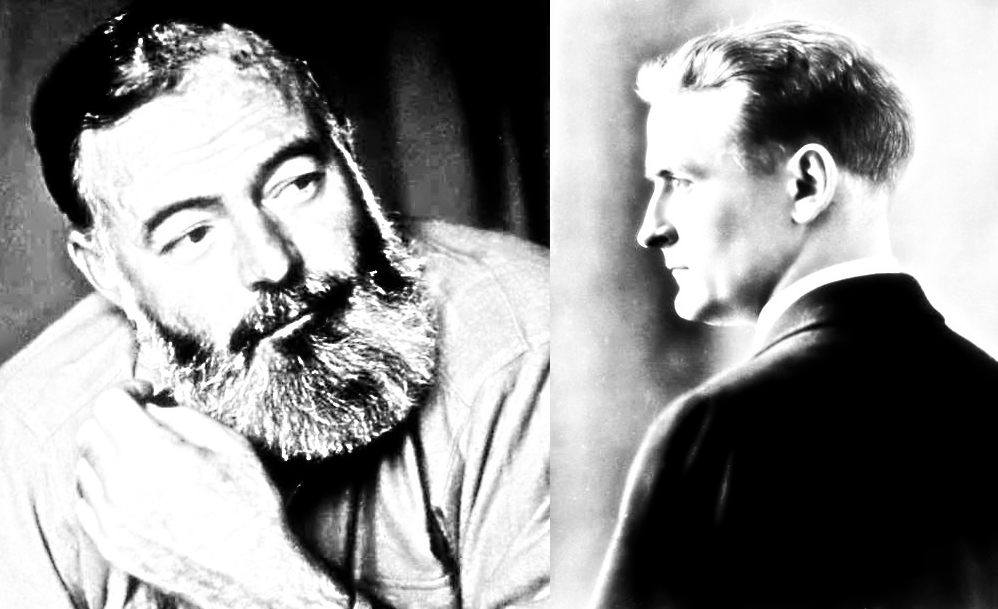Oscar Wilde was the first author I read who fell under the gothic horror genre. The Picture of Dorian Gray was that book. I became a bit entranced by the man’s history because Oscar Wilde, as it turns out, was much more than a fine novelist, but an eccentric, fanciful genius who lobbied for free speech, art for arts’ sake, and, in many ways, his own sexuality.
Today, we examine the court case that destroyed a magnificent writer and perhaps stole other (future) literary masterpieces from the public as well.
Who was Oscar Wilde?
Wilde was born Oscar Fingal O’Flahertie Wills Wilde in Dublin, Ireland, on Oct. 16, 1854. Wilde’s poet mother undoubtedly had an impact on his upbringing along with the prestigious exploits of his father who was a knighted medical advisor.
Wilde was an outstanding student, and was awarded various honors throughout his formative years, including the Royal School Scholarship to attend Dublin’s Trinity College, the Foundation Scholarship, and the Berkeley Gold Medal after graduation. If you have read Wilde before then you know his appetite for references and language. Possibly Herman Melville may be the only other writer who outdoes Wilde in allusions and diction; though, both men were well educated and took to their studies.
Even so, Wilde moved to London in 1878 and published his first book of poetry in 1881, the collection Poems. He soon established himself as a prominent writer and even went on a lengthy American tour, meeting a host of famous American writers, from Henry Longfellow to Walt Whitman (Biography).
Though knowledgeable from years of study and research, and, at least according to the transcripts of his case, charming, “his flamboyant dress, cutting wit and eccentric lifestyle often put him at odds with the social norms of Victorian England” (Wilde).
But, this did not impede his literary output.
Most notably, he wrote a great deal of literature, poems, and plays during his heyday. These include but are not limited to The Happy Prince and Other Tales in 1888, the plays Lady Windermere’s Fan in 1892, A woman of No Importance in 1893, and The Importance of Being Earnest in 1895, and the novel The Picture of Dorian Gray in 1891.
The Lord Alfred Affair
To understand the trial of Oscar Wilde, one must understand the historical context surrounding the case. “Sodomites” as homosexuals were notoriously referred to during Wilde’s day were deemed an affront to nature and religion by high society; the crime of sodomy, if found committed, meant imprisonment.
“Homosexual acts were a criminal offense in England at th teim and remained illegal there until the 1960s,” states History.
Thus, Wilde’s alleged affair with the young Lord Alfred Douglas fell under scrutiny and set off a very public court case. Douglas’s father was especially disturbed by the relationship and therefore wanted to destroy Wilde.
“Accused, finally, by (Douglas’s father) of being a sodomite, Wilde, urged by Douglas, sued for criminal libel. Wilde’s case collapsed, however, when evidence went against him, and dropped the suit.” (Britannica). Afterward, Wilde was put on trial by the Crown for “gross indecency with other men.” Famously, Wilde’s own book (The Portrait of Dorian Gray) was used against him to convict him of this “immorality.”
“The defense also questioned Wilde about the premise of his controversial 1890 novel The Picture of Dorian Gray, suggesting that Wilde had used the novel’s homoerotic themes to seduce Lord Alfred” (History).
What is more is that Wilde’s trial (as stated in a previous post) revealed a secret knowledge about Victorian society; and, as written by a few academic papers, the revelation that Wilde was a homosexual was not new knowledge and it stands that rumors of his sexual interests were seemingly known throughout England. However, the accusations levied against him by rage-filled rivals “disrupted the secrecy of the Victorian elite by disturb (ing) the social order … he had the power to share ideas about freedom and morality … (and) … this made him dangerous” (Diaz).
Regardless, Wilde was convicted and sentenced to two years in prison. When he was released he was, “physically depleted, emotionally exhausted and flat broke.” He was exiled to France and died at the age of 46 in France on Nov. 30, 1900, of meningitis.
Works Cited
“Oscar Wilde.” Biography. April 27. 2017. The Arena Group. Web. URL: https://www.biography.com/writer/oscar-wilde
“Oscar Wilde Trial.” History.com. May 7, 2018. The Arena Group. Web. URL: https://www.history.com/topics/gay-rights/oscar-wilde-trial
Beckson, Kari. “Oscar Wilde: Irish Author.” Nov. 26, 2021. Web. URL: https://www.britannica.com/topic/Dorian-Gray
Diaz, Rebollo Erika. “The Hypocrisy of Oscar Wilde’s Conviction: A Tale of British Victorian Society.” Texas Christian University. Web. URL: https://bollerreview.tcu.edu/article/download/136/100?inline=true







